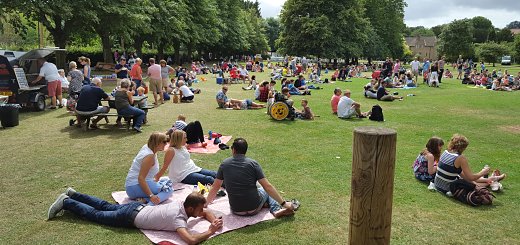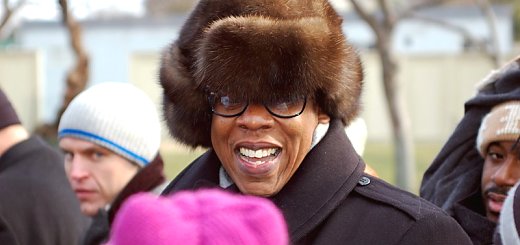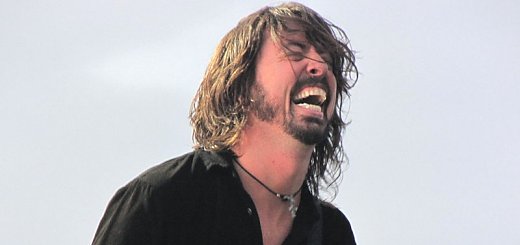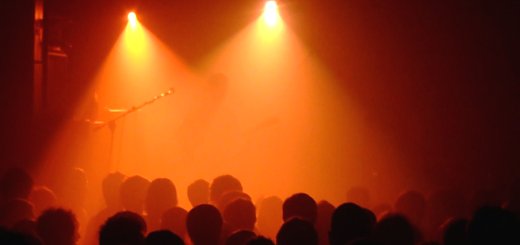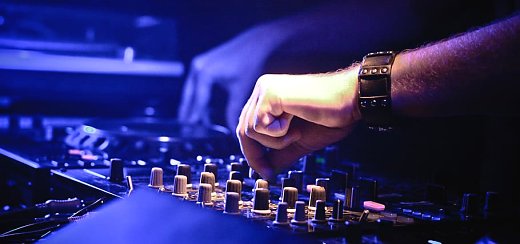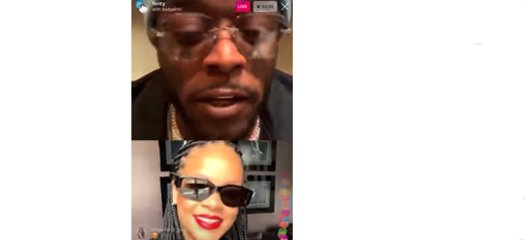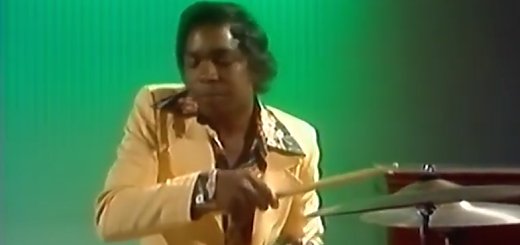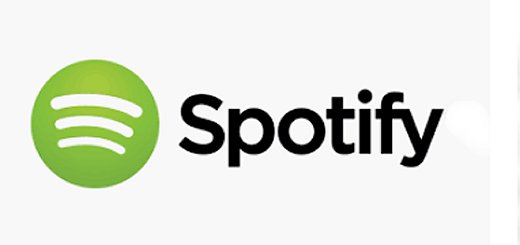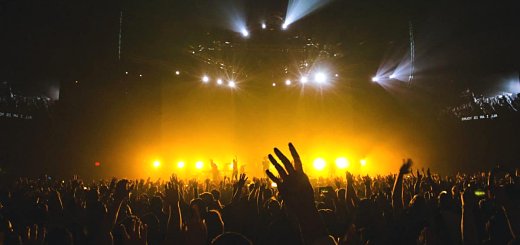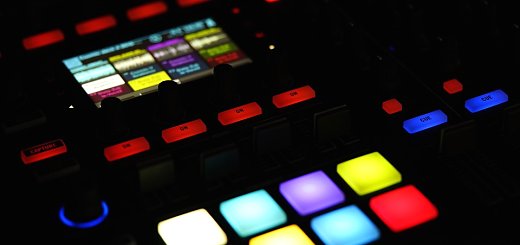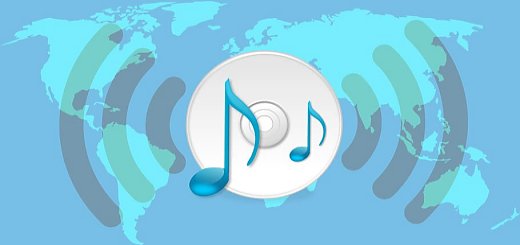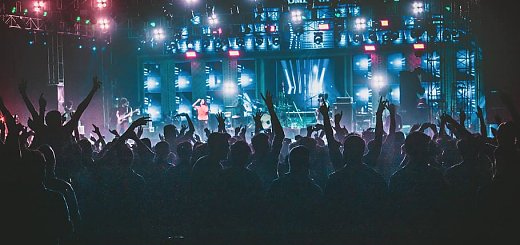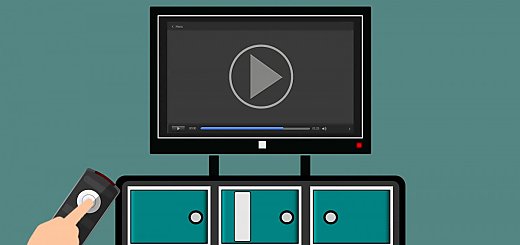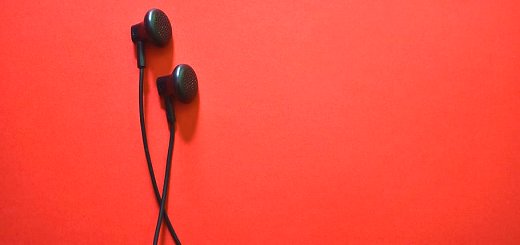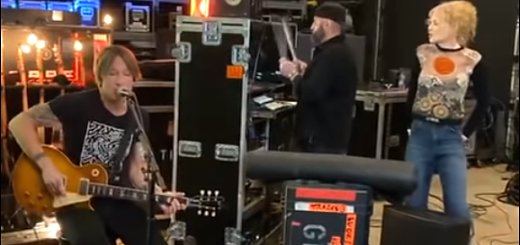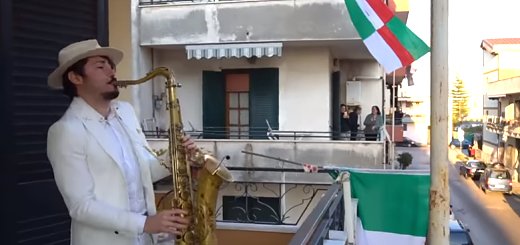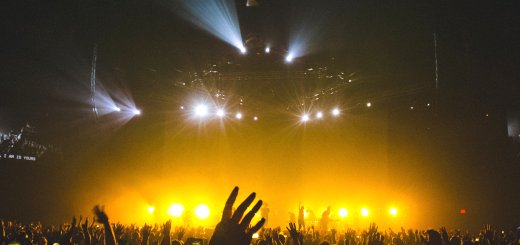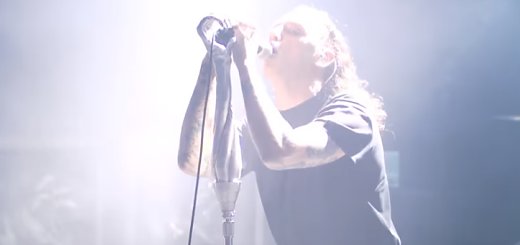Audio deepfakes and the future of music

Stereogum jumps into the audio deepfakes wagon discussion with a long read about human creativity and the future of music generated by artificial intelligence. The story kicked off on April 30 when audio deepfakes were made public by an independent research organization out of San Francisco called OpenAI. It took recordings of real artists - Jay-Z, Elvis, the Beatles, and thousands of others - a total of 1.2 million songs, entered them into its open source model powered by a neural network, which was then given various levels of guidance and instructed to generate new works. The artificial intelligence finally made some deepfakes. General Intelligence and Pitchfork already published their takes on the story.
